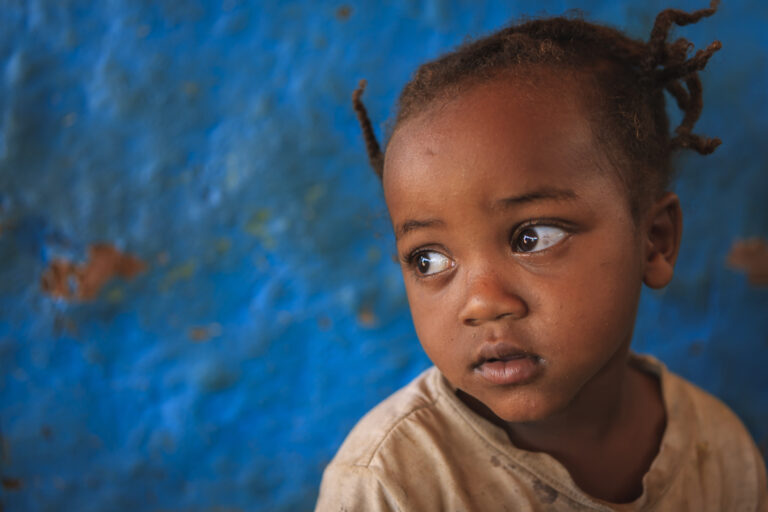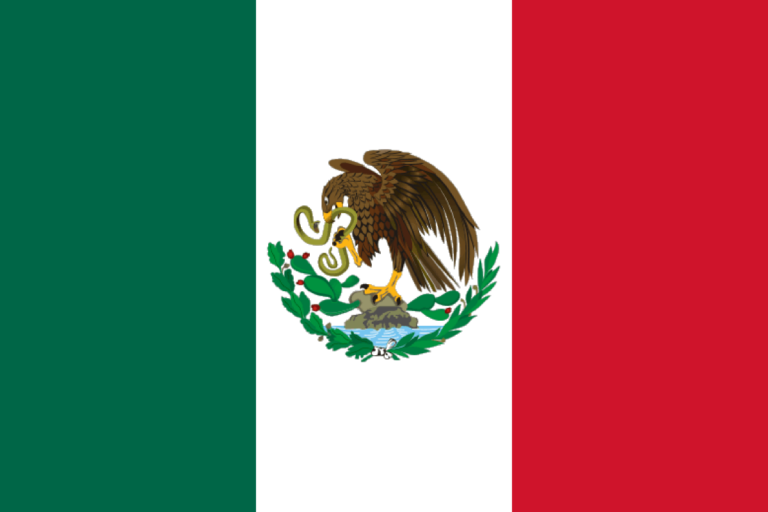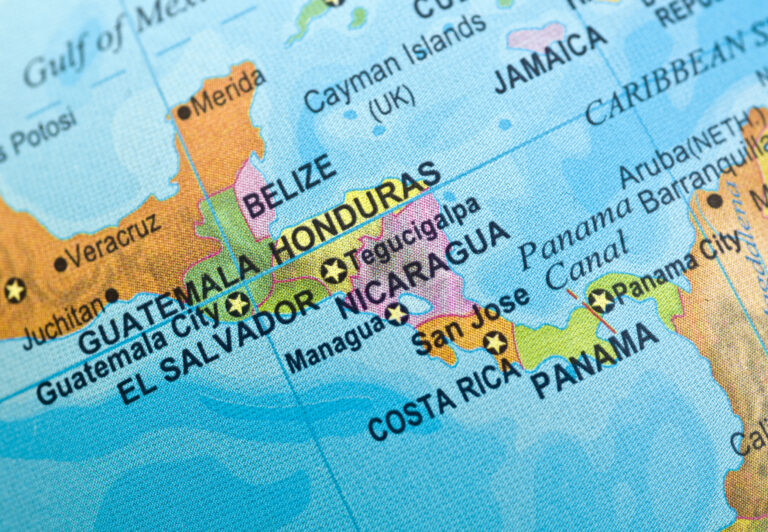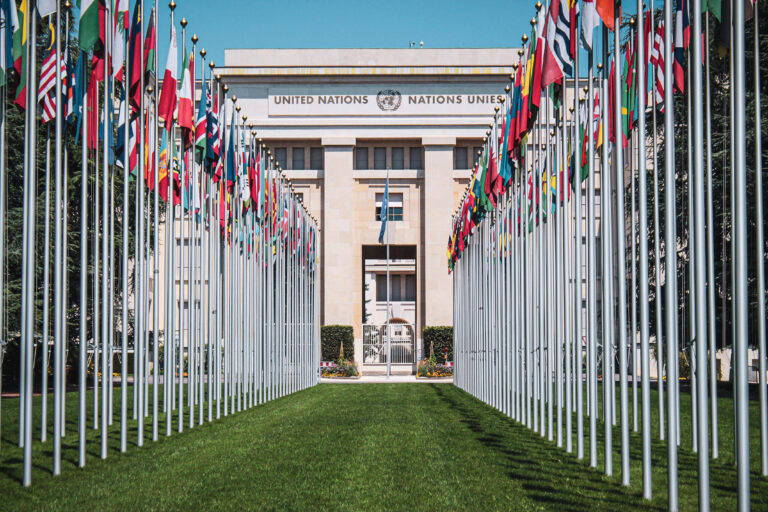August 14, 2002
Volume 4/ Number 19
Dear Colleague:
PRI associates have been working in Afghanistan for the past few months, and have discovered that U.N. population control efforts threaten Afghan women, children and families, run roughshod over Afghan laws, and even undercut American basic aid operations in Afghanistan.
Steve W. Mosher
President
Project Afghanistan: A Situation Report
KABUL, Afghanistan — In June of 2002, an Afghan-based non-governmental organization (NGO) began an aid assessment survey in Kabul, Afghanistan, and surrounding areas. The purpose of the survey was to determine the needs of the Afghan female population, especially regarding health care and reproductive health services. Approximately 150 women of child-bearing age were surveyed.
Many of the women interviewed had just returned to Afghanistan from Pakistan. They reported abortion campaigns led by United Nations-funded aid organizations operating inside refugee camps, including Ahkorra Khattack, in the southern section of the Northwest Frontier Province of Pakistan.
A high percentage of the women returning from Pakistan—25 percent—reported that they had been subjected to abortion or sterilization procedures while in refugee camps there. The abortion procedures, performed after “birth defects” were allegedly detected, included abortive shots, abortive pills, and surgical abortions, primarily during the third trimester. The sterilizations were all tubal ligations, performed on women who reported to reproductive health workers any history of birth defects.
Of the women surveyed, 18% have had children born full-term with birth defects, and 13% had children prematurely born with birth defects; 19% said they had repeated miscarriages; 239 still births and 499 live births were reported. These numbers suggest the extremely difficult circumstances that women in Afghanistan have endured the past two decades.
Not one woman stated that abortion or contraception services were wanted or needed, indicating a strong likelihood that abortions performed in Pakistan refugee camps were done without adequate informed consent. The women said that basic medical care—pre- and neo-natal care—was not available either in Afghanistan or Pakistan, but was greatly needed.
The daily struggle for life and the daily reality of death all around the women, they indicated, has only strengthened their resolve to cherish family life.
The women surveyed were asked to prioritize their needs. The highest priority they reported was for emergency food distribution. In addition to the ongoing, low-intensity civil war, a four-year drought and high inflation rates make locating and purchasing sufficient food, especially for those with large families, difficult. They also pointed out that, in nearly all rural areas, medical and humanitarian assistance is simply unavailable. Many children in Afghanistan are malnourished, and the infant and child mortality rate is soaring, especially in rural areas.
In order of priority, the women reported a need for:
1) Emergency food distribution
2) Clean water programs, including reclamation of polluted water sources
3) Immunization programs
4) Natural family planning education
5) Pregnancy education
6) Vocational training programs
7) Child malnutrition assessment
8) Psychological assessment programs
9) Women’s education
10) Skin diseases programs
Land mine awareness, agricultural programs, tuberculosis programs, hepatitis programs, and even eyeglasses/cataract programs were also mentioned as important.
Over 90% of the women interviewed asked for informal educational classes in natural family planning (NFP) for birth spacing purposes that will help to ensure the health and well-being of each conceived child. They want classes on NFP because this conforms to their cultural and religious life.
Simple reproductive diagnostic services are not available for women. Yet, international organizations supported by the United Nations provide “population control” services readily. Currently, the U.N. funds several large international organizations for population control in Kabul City. These organizations receive oral and injectable contraceptives, and emergency abortion equipment.
The abortion law currently on the books in Afghanistan mandates a seven-year prison term and a monetary fine for each abortion performed. The only exception requires the written opinion of physicians, and a judicial review. According to strict and clear guidelines promulgated by the Ministry of Justice, this same law would apply to anyone who has prescribed “morning-after pills” or “emergency contraception” in Afghanistan, or even to anyone carrying these devices in the country.
The economy has been greatly harmed by the presence of the international organizations run by large bureaucracies, especially the United Nations. For example, the rent of buildings and food prices have skyrocketed on the assumption that highly-funded international groups will pay high prices.
International agencies bring with them agendas that do not reflect the culture and values of the Afghan people, and often do not even meet their basic needs. On the contrary, the United Nations appears to be highly funded, and its agency, the U.N. Population Fund (UNFPA), is seen as suspect by Afghan officials because of its lack of commitment to basic health care, and its history of promoting morning-after pills in Pakistan.
Currently, the United Nations has launched an international campaign against U.S. operations in Afghanistan, including U.S. basic aid operations in Afghanistan. Negative television and print ads against U.S. involvement in the humanitarian field are funded in part by the U.N. and the European Union. It is noteworthy that even USAID funding has been misused by U.N.-related NGOs to attack American humanitarian efforts in Afghanistan.










